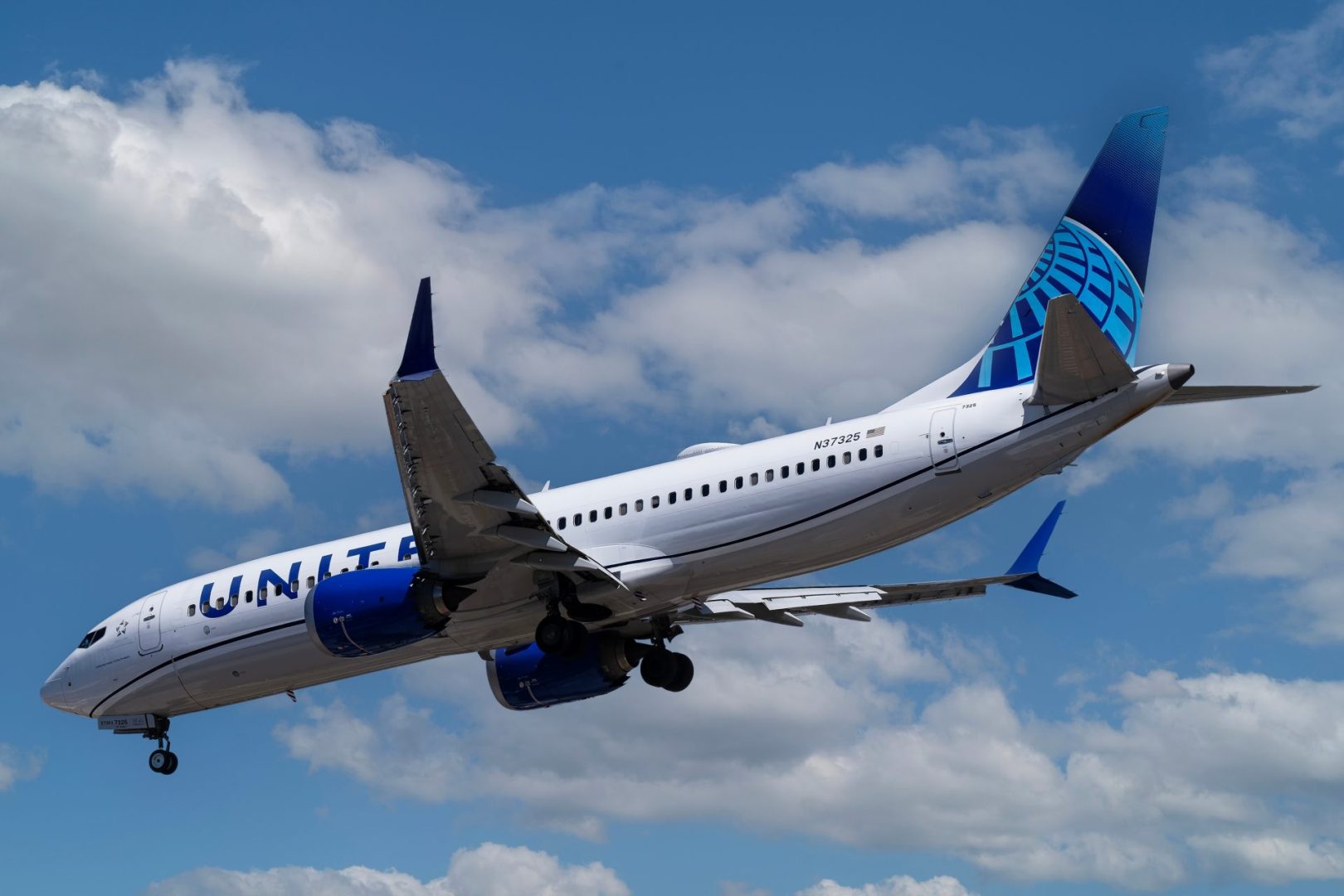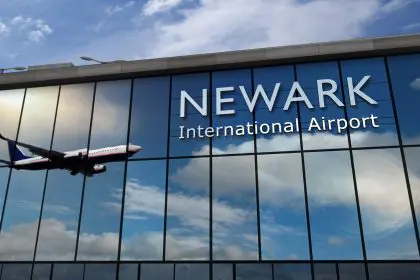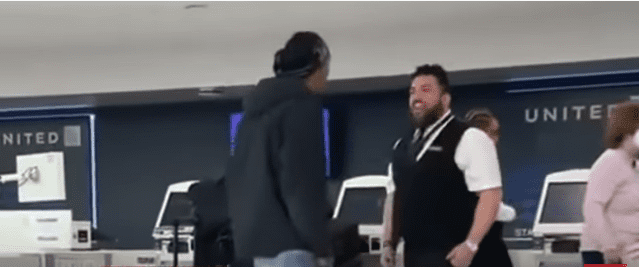A United Airlines international flight bound for Shanghai was forced to make an unscheduled landing in San Francisco after a pilot discovered he had forgotten his passport, leaving hundreds of passengers stranded for hours before their journey could resume.
The March 22 incident, which has since gained significant attention on social media platforms, highlights ongoing challenges within commercial aviation and raises questions about airline protocols and passenger compensation standards during disruptions caused by staff errors.
The mid-air realization
The flight departed Los Angeles with 270 people aboard, including 257 passengers and 13 crew members, setting course for Shanghai, China. Approximately two hours into the transpacific journey, the pilot realized his passport remained in the United States, a document essential for international flight crew members.
This discovery necessitated an immediate course correction. Unable to legally enter Chinese airspace without proper documentation, the aircraft diverted to San Francisco International Airport, where it touched down around 5 p.m. local time.
The unplanned detour required United Airlines to arrange for replacement crew members who possessed the necessary travel documents. While the airline worked to address the situation, passengers remained on the ground for hours before finally resuming their journey to China, ultimately departing approximately six hours behind the original schedule.
Passenger compensation concerns
The incident has sparked debate about appropriate compensation for travelers affected by airline staff errors. According to information shared by passenger Yang Shuhan with CNN, United Airlines provided meal vouchers totaling $30 during the extended delay at San Francisco International Airport.
This compensation package has drawn criticism from affected travelers who expected more substantial accommodation for the significant disruption to their travel plans. Yang has reportedly contacted United Airlines seeking additional clarification about compensation policies, with the company promising a response within 14 days of the incident.
The situation highlights evolving consumer expectations regarding airline accountability, particularly when delays result directly from preventable staff oversights rather than weather or other factors beyond carrier control.
Broader industry challenges
This passport incident occurs against a backdrop of wider disruptions within commercial aviation in early 2025. United Airlines, which serves approximately 140 million passengers annually across six continents, has faced several operational challenges in recent weeks.
A separate incident involving a United flight from Houston to New York required emergency evacuation due to engine trouble, with reports indicating one wing was surrounded by smoke and flames. The aviation industry has also experienced crash landings and near-collisions, raising broader questions about operational safety and emergency protocols.
These incidents come at a time when passenger volumes have returned to record levels and airlines face increased scrutiny regarding their handling of disruptions and commitment to customer service standards.
Protocol questions
The Shanghai flight diversion raises important questions about pre-flight verification procedures for essential crew documentation. International flight operations require strict adherence to documentation requirements, with crew members typically subject to the same border control regulations as passengers when entering foreign airspace.
Aviation experts note that airlines generally maintain comprehensive pre-flight checklists that include verification of crew documentation. The incident suggests a potential breakdown in these verification processes, allowing an international flight to depart with a pilot lacking required travel credentials.
United Airlines has confirmed the cause of the diversion but has not publicly addressed whether procedural changes will be implemented to prevent similar occurrences in the future.
Social media amplification
The incident has gained significant traction online, with passengers and aviation enthusiasts sharing details across various social media platforms. This digital amplification represents a growing challenge for airlines, as service disruptions that might previously have remained relatively private now frequently become viral content.
This heightened visibility places additional pressure on carriers to handle disruptions transparently and provide compensation that meets public expectations. Consumer advocates have increasingly used these high-profile incidents to call for stronger passenger protection regulations and more standardized compensation requirements.
Looking forward
As the commercial aviation industry continues navigating post-pandemic operational challenges, incidents like the United passport oversight underscore the importance of rigorous pre-flight procedures and comprehensive contingency planning.
For travelers, the situation serves as a reminder of the complex logistical requirements behind international air travel and the potential for disruption even when weather and mechanical factors remain favorable. Industry observers suggest that passengers increasingly expect proactive communication and meaningful compensation when such disruptions occur.
While the specific incident was resolved with a replacement crew and continued journey to Shanghai, the broader questions it raises about airline accountability and passenger rights continue to resonate throughout the aviation community and among the traveling public.

















